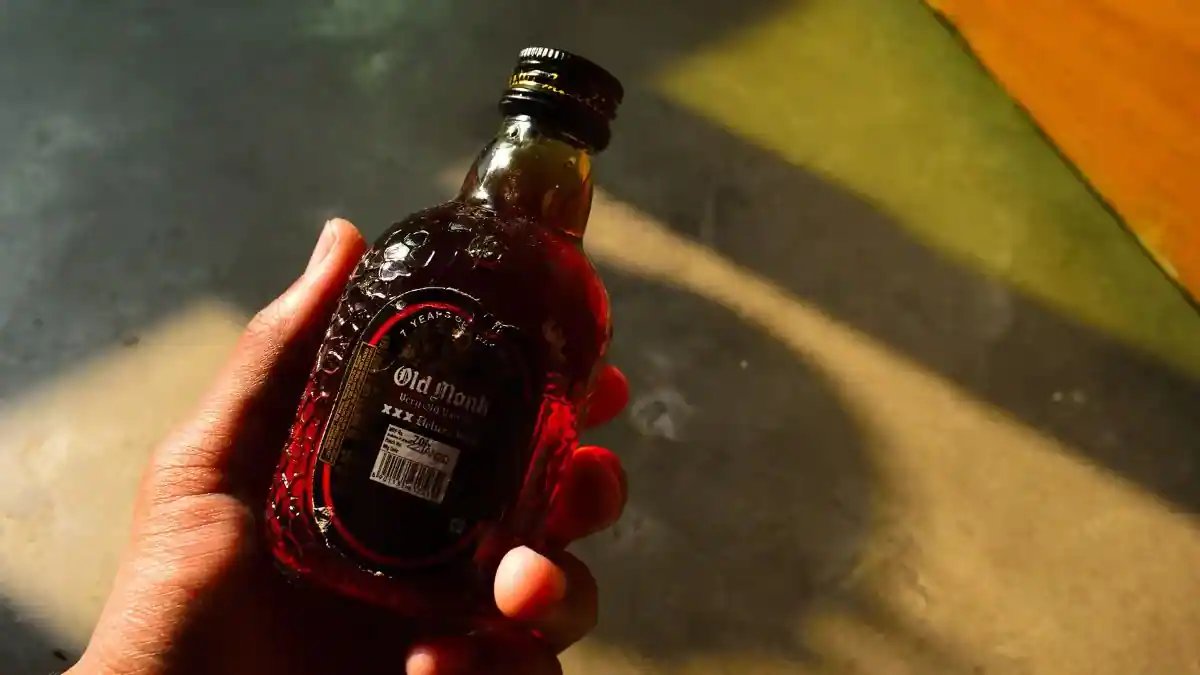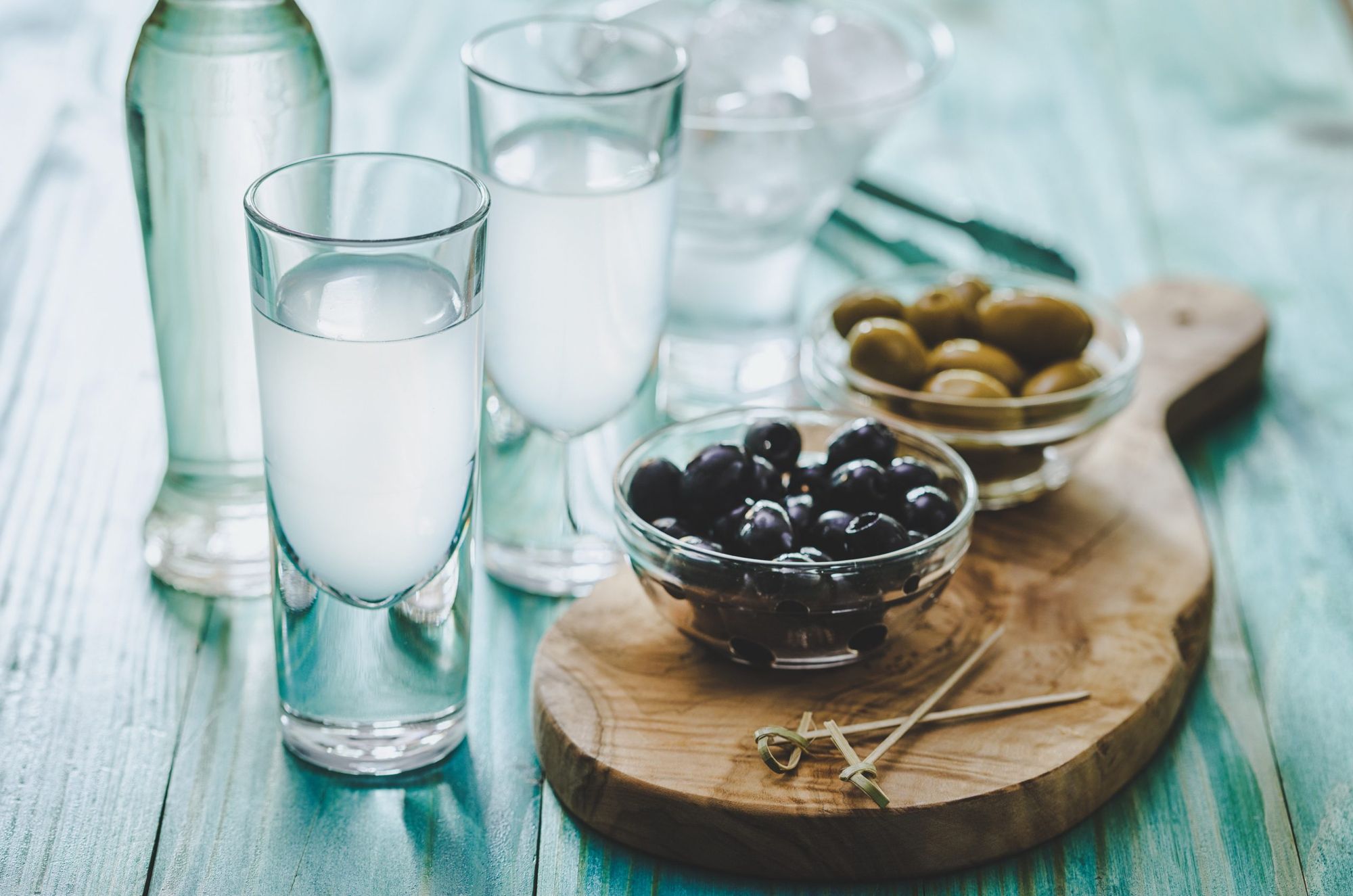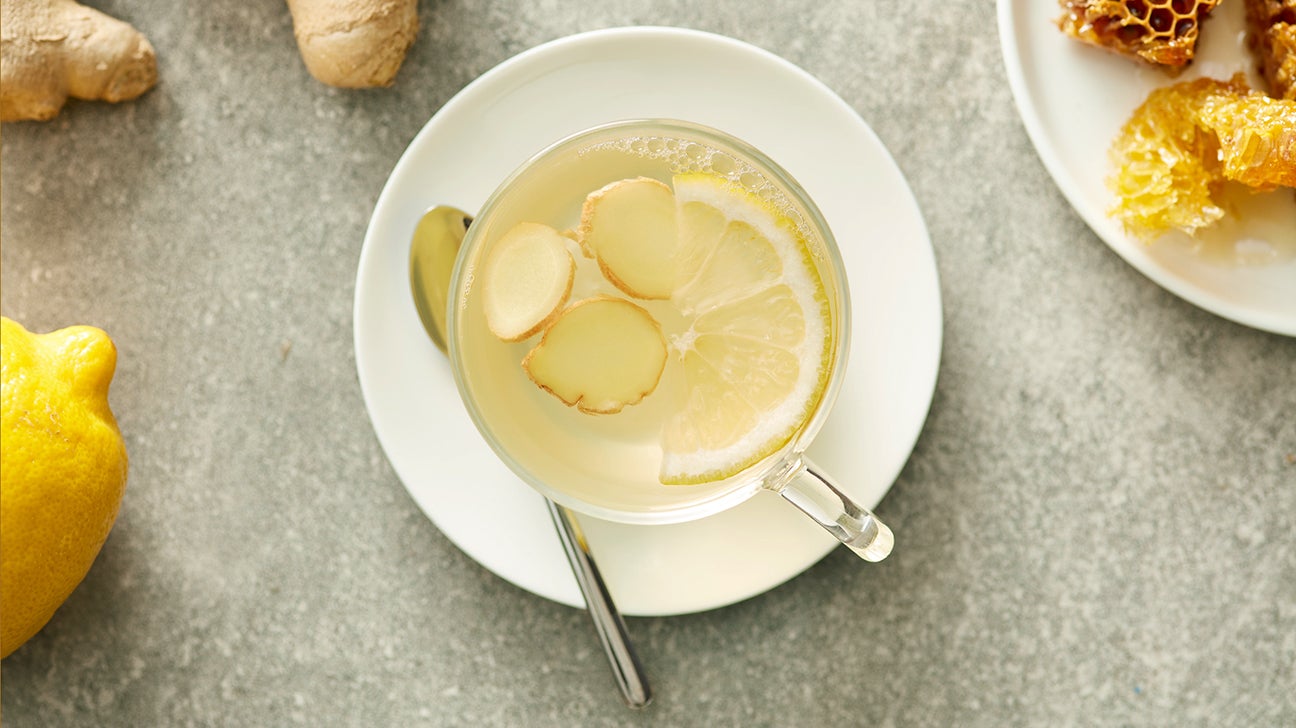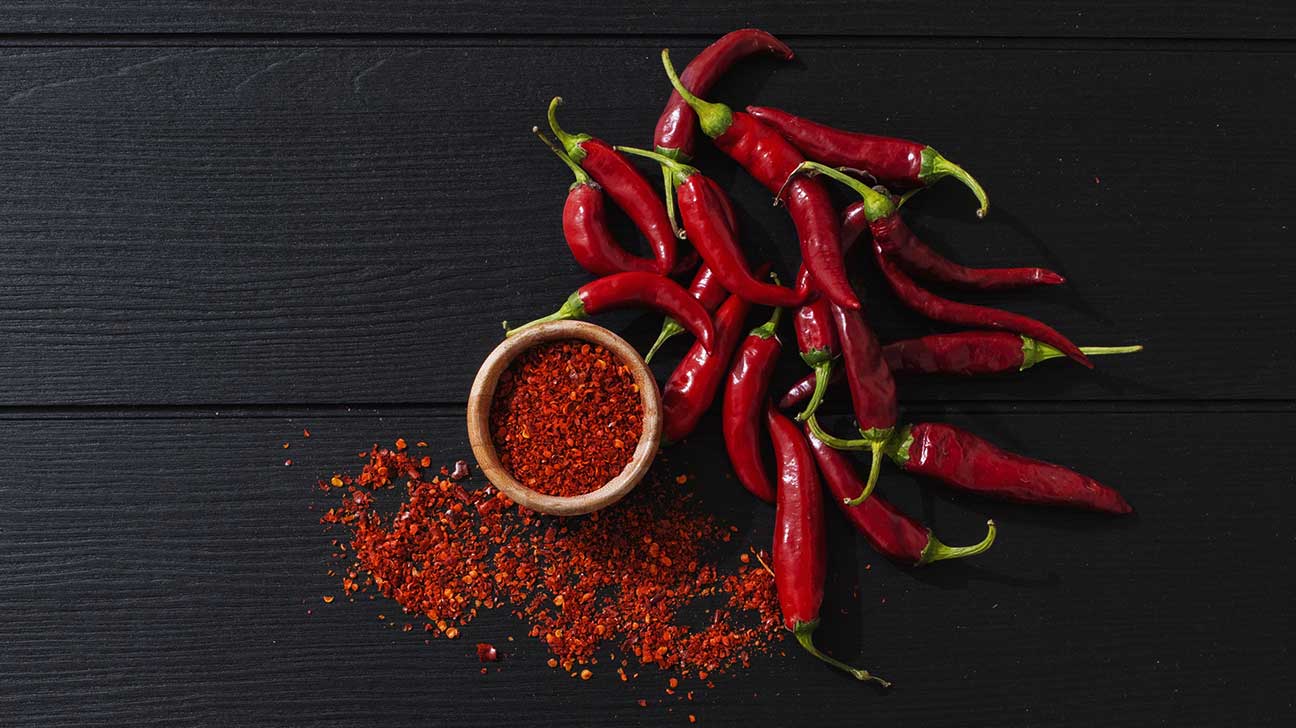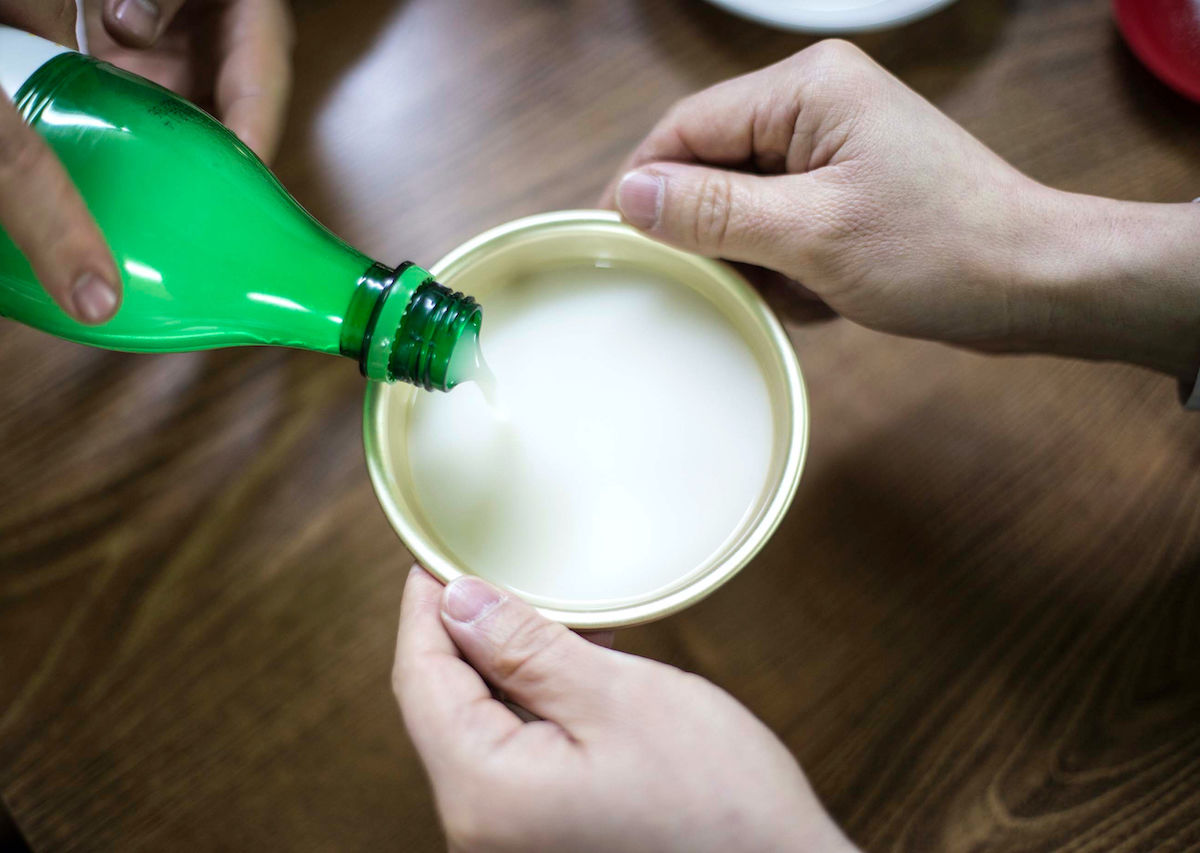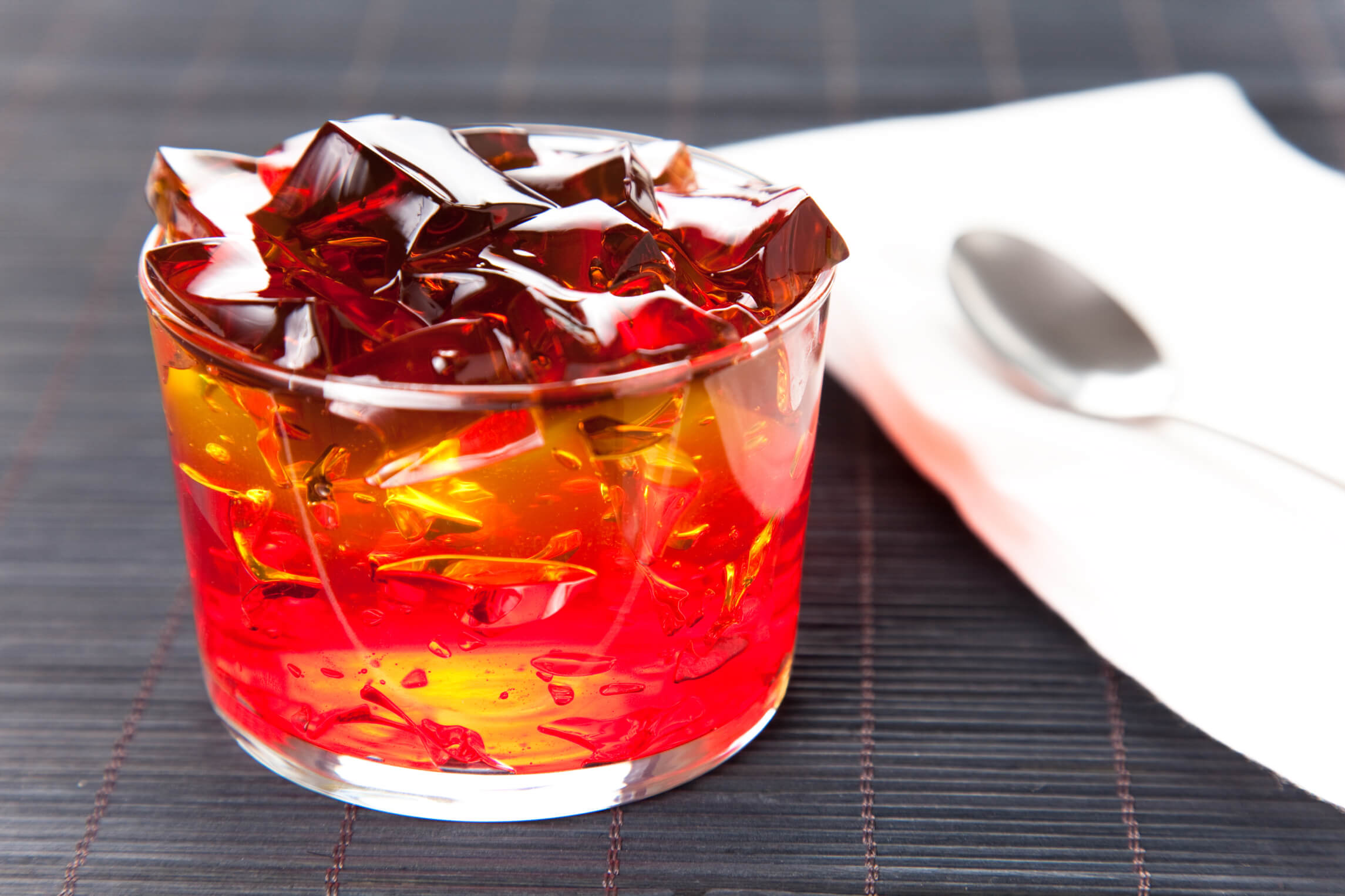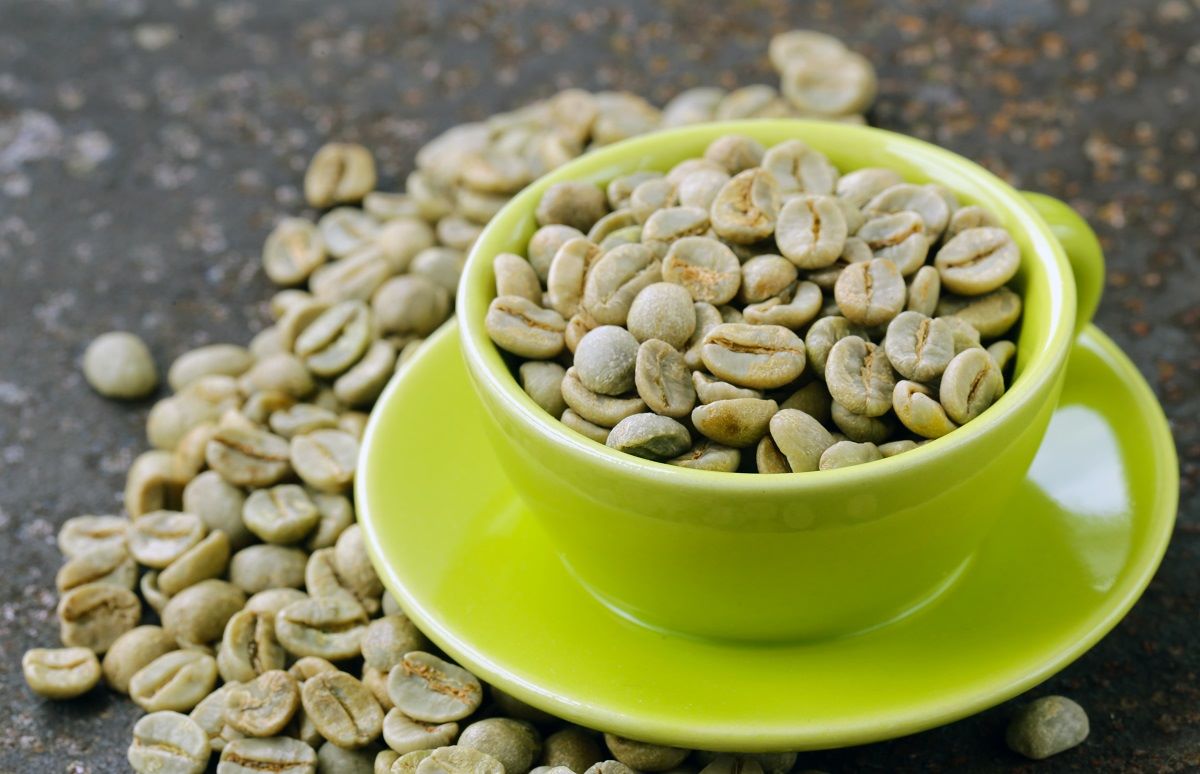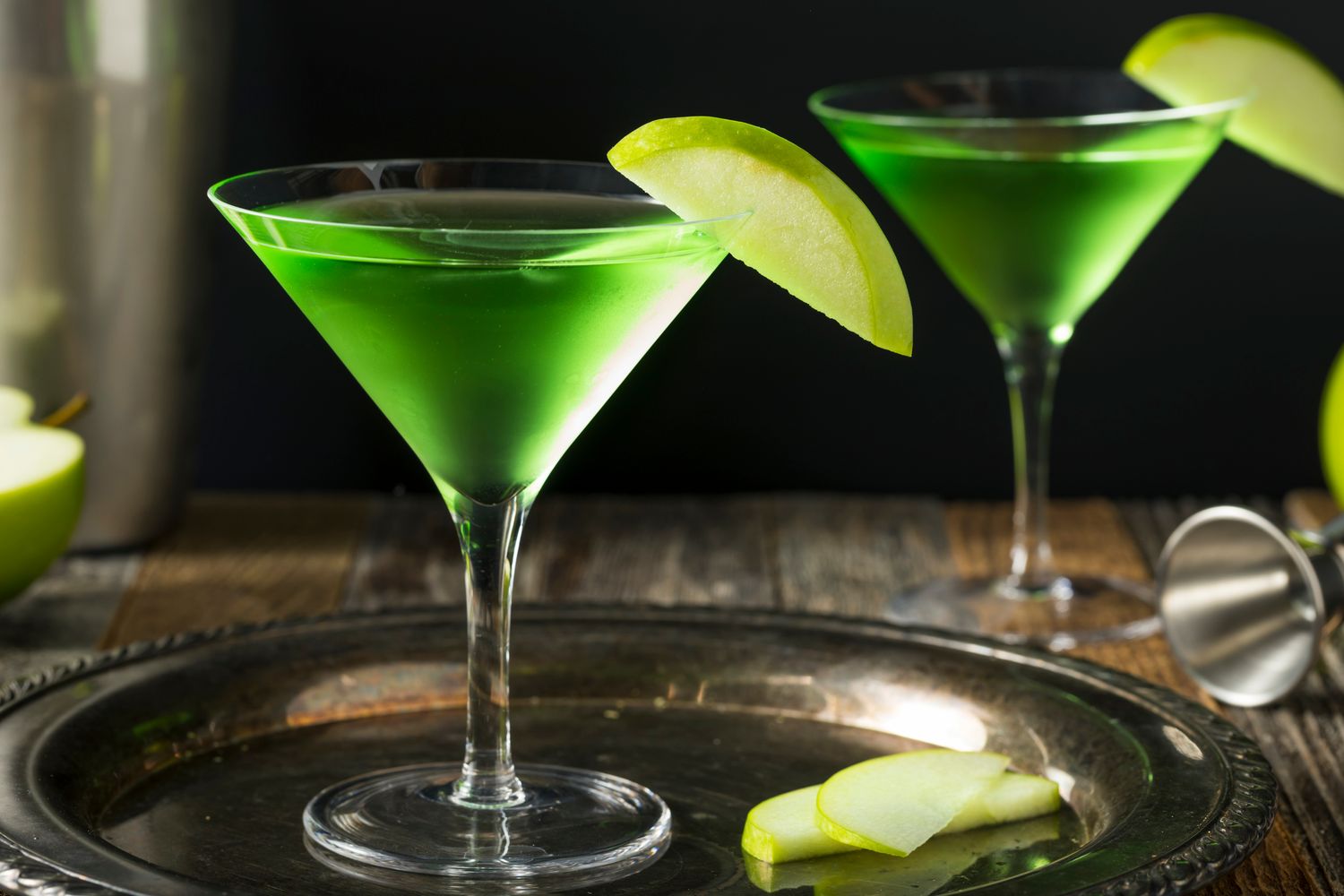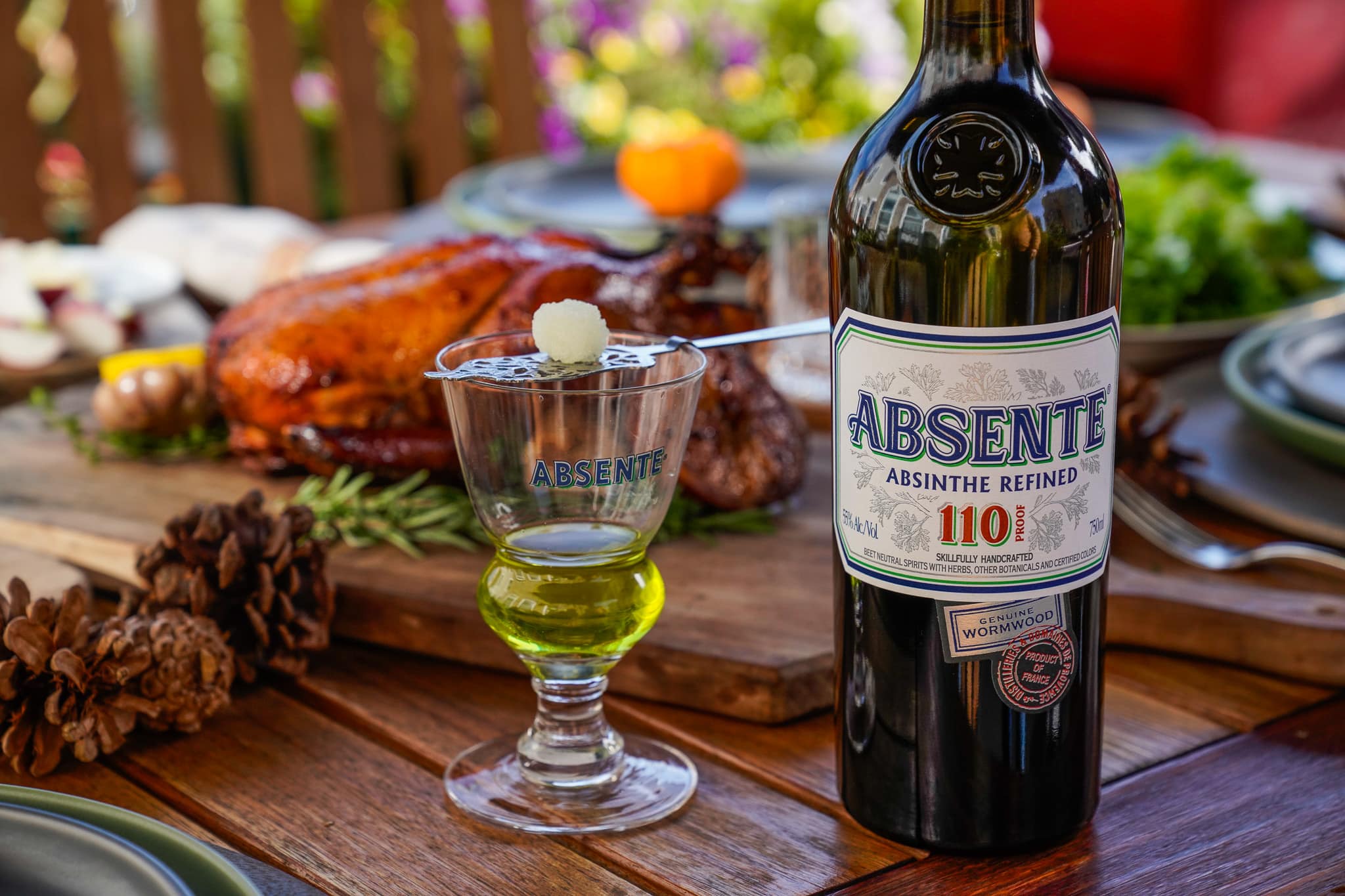Activated charcoal has gained popularity in recent years for its potential health benefits. While it's commonly known for its use in emergency rooms to treat certain types of poisoning, it has also become a trendy ingredient in the wellness and food industries. Many people are now incorporating activated charcoal into their diets, often in the form of drinks. In this article, we'll explore the ins and outs of drinking activated charcoal and provide some tips for doing so safely and effectively.
What Is Activated Charcoal?
Activated charcoal is a fine black powder made from a variety of natural materials, such as coconut shells, wood, or peat. It is "activated" through a process that exposes it to high temperatures, creating tiny pores on its surface. These pores increase the charcoal's surface area, allowing it to bind to substances and trap them within its structure.
Benefits of Drinking Activated Charcoal
Detoxification: Activated charcoal is often touted for its ability to bind to toxins and chemicals in the body, helping to eliminate them through the digestive system.
Digestive Health: Some people use activated charcoal to alleviate gas, bloating, and other digestive discomforts. It may also help reduce the production of intestinal gas.
Hangover Relief: While more research is needed, some individuals believe that consuming activated charcoal after drinking alcohol can help mitigate the effects of a hangover by absorbing impurities in the body.
How to Drink Activated Charcoal
When it comes to consuming activated charcoal, there are a few important considerations to keep in mind to ensure safety and effectiveness:
Choose the Right Type: Activated charcoal is available in various forms, including powder, capsules, and pre-mixed drinks. If you're planning to make your own charcoal drink, be sure to use food-grade activated charcoal specifically designed for consumption.
Mix It Well: If you're using activated charcoal powder, it's crucial to mix it thoroughly with a liquid to avoid clumping. Consider using a whisk or blender to achieve a smooth consistency.
Stay Hydrated: Activated charcoal can bind to substances in the digestive tract, so it's essential to drink plenty of water when consuming it to prevent dehydration.
Timing Matters: It's best to take activated charcoal away from meals and medications, as it can interfere with the absorption of nutrients and medications in the digestive system.
Recipes for Charcoal Drinks
If you're interested in trying out activated charcoal drinks, here are a couple of simple recipes to get you started:
Charcoal Lemonade:
- 1-2 teaspoons of food-grade activated charcoal powder
- 16 ounces of cold water
- Freshly squeezed lemon juice
- Sweetener of your choice (optional)
Charcoal Latte:
- 1-2 teaspoons of food-grade activated charcoal powder
- 8 ounces of steamed milk or a milk alternative
- 1-2 shots of espresso or strong coffee
- Sweetener of your choice (optional)
Safety Precautions
While activated charcoal can offer potential benefits, it's essential to use it cautiously and consult with a healthcare professional, especially if you have any underlying health conditions or are taking medications. Here are some safety tips to keep in mind:
Moderation: As with any supplement, moderation is key. Avoid consuming large amounts of activated charcoal on a regular basis.
Quality Matters: Ensure that you're using high-quality, food-grade activated charcoal from a reputable source to minimize the risk of contaminants.
Potential Interactions: Activated charcoal can interfere with the absorption of certain medications and nutrients, so it's crucial to take it at least two hours before or after other medications or supplements.
In Conclusion
Drinking activated charcoal can be an intriguing way to explore the potential benefits of this unique substance. However, it's important to approach it with caution and mindfulness. By choosing the right type of charcoal, preparing it properly, and being mindful of safety considerations, you can enjoy the experience of incorporating activated charcoal into your beverage routine. As always, it's wise to consult with a healthcare professional before making any significant changes to your diet or wellness practices.
Was this page helpful?
Read Next: How To Drink Horlicks Without Milk
